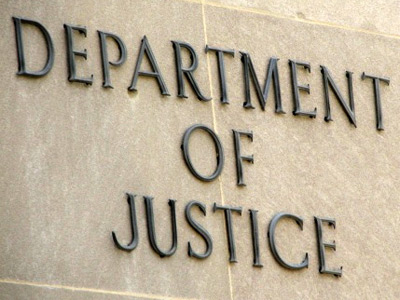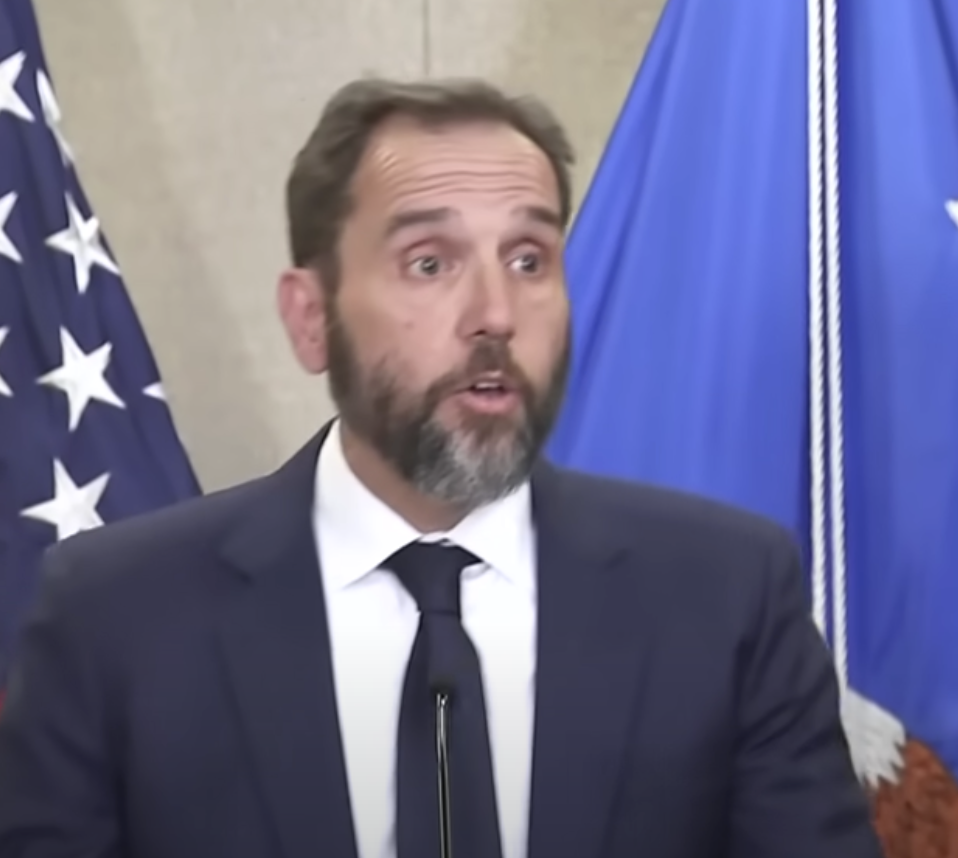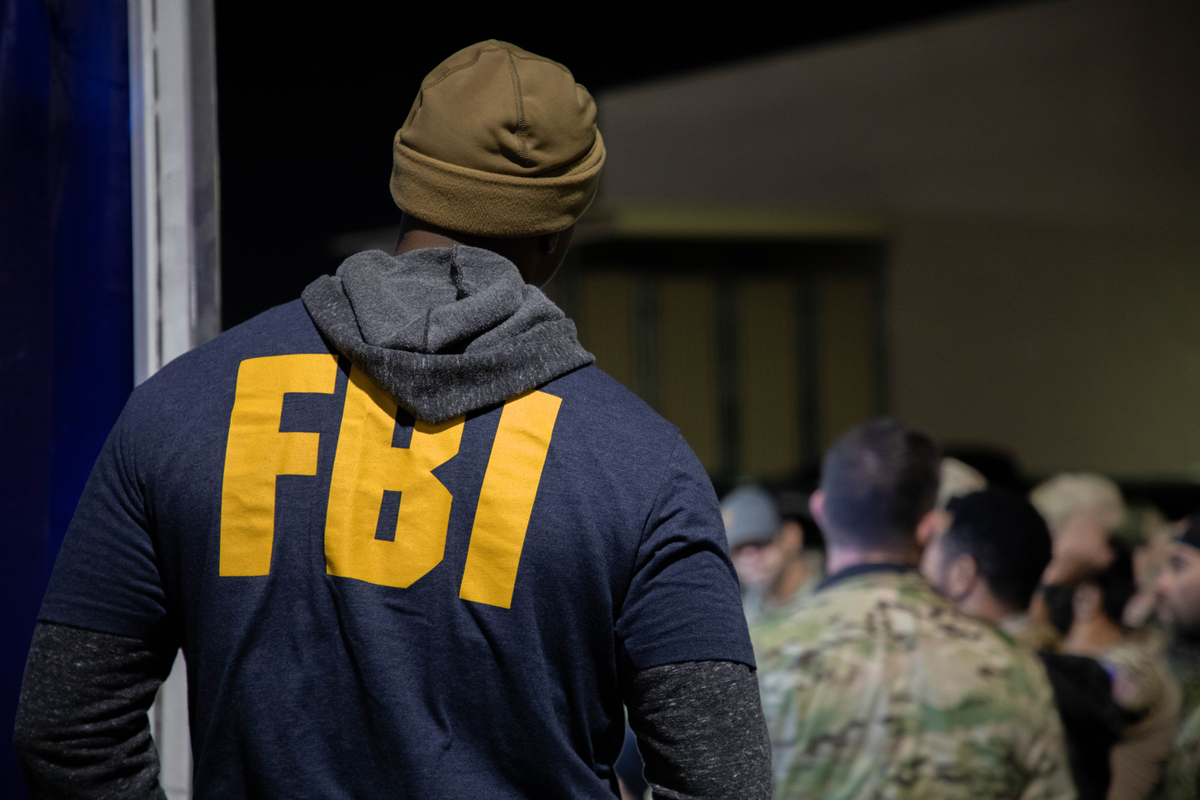
By Steve Neavling
Ticklethewire.com
Prosecutors have struggled for decades to bring justice to victims of civil rights-era killings because the decades-old FBI records are often redacted.
That could soon change after President Trump signed a bill Tuesday to allow the FBI to release unredacted documents related to the unsolved cases.
The legislation was set in motion by dozens of students at Highstown High School in New Jersey.
One of the students, who is now at the University of Pennsylvania, told the Clarion Ledger the bill is a reminder “that even if justice is long delayed, it does not have to mean that justice is denied.”
U.S. Sen. Doug Jones, D-Alabama, a co-sponsor of the bill, said the records are important for the victims’ families and the communities.
“An incredible level of healing and reconciliation can accompany knowledge,” he said. “Given the age of these cases and the fact it is highly unlikely that these cases could be resurrected, this is the way to get that healing and reconciliation.”
The students used the JFK Records Collection Act of 1992 as a model for what they called the “Cold Case Records Collection Act of 2017,” which would create an independent review board to coordinate the release of classified records on civil rights killings.
Many of the killings are detailed in FBI files that remain largely redacted. They include the KKK’s 1964 killing of civil rights workers James Chaney, Andrew Goodman and Michael Schwerner and the 1959 lynching of Mack Charles Parker.
FBI records on the 1968 assassination of Martin Luther King Jr. also contain redactions.
Activists also were calling on redacted files relating to the 1965 assassination of Malcolm X.
Civil rights lawyers said the largely secret files make it difficult to solve cold cases.





